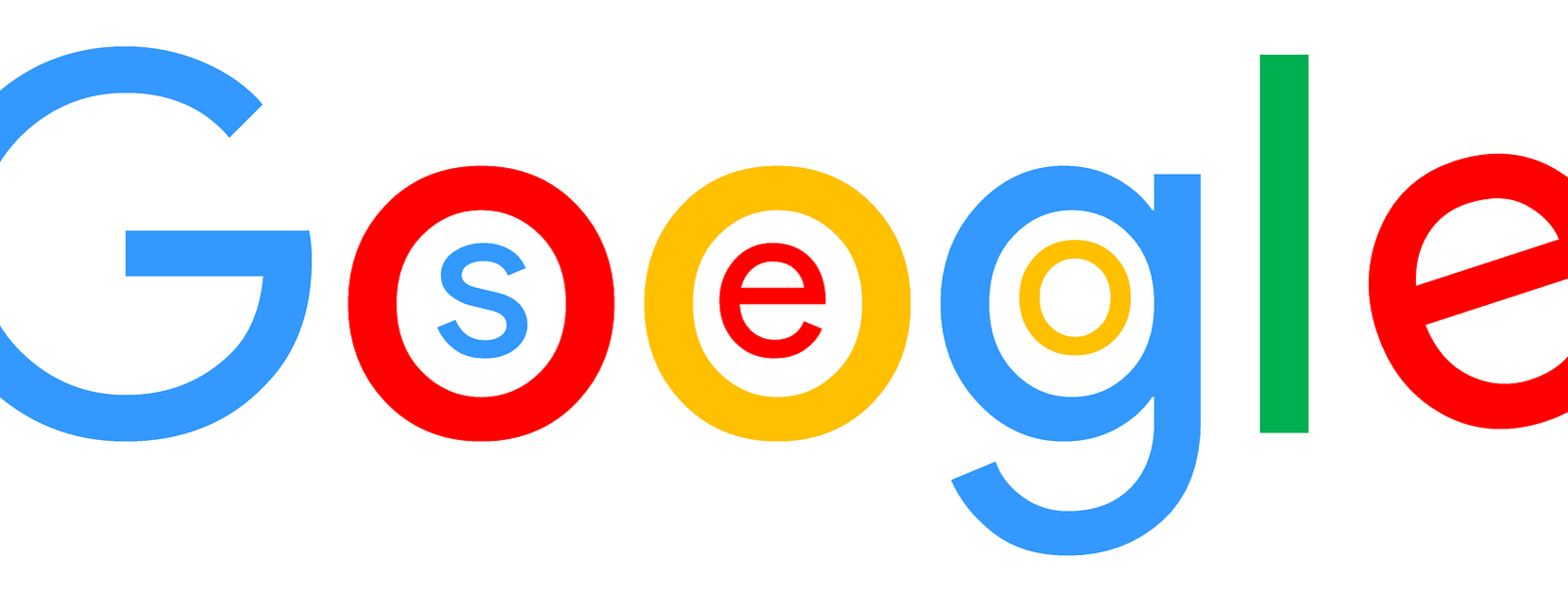Understanding Keywords
Posted on 24th April 2023
Keywords; if you want to rank highly on search pages, you can’t do without them. We all know that we need them in our online content, but it’s not a matter of scattering them here, there, and everywhere.
There is an art in using keywords to their maximum effect and ensuring they push you onto the first pages of search results.
So, do you really understand keywords? Do you know how to find the right keywords to benefit your business? Can you use them to your best advantage?.
What are keywords?

Keywords are words and phrases that define your online content, be it web pages, digital documents, directories, online advertising and social media channels. These words and phrases help search engines find and understand what your content is about and then match it to users' search queries.
They can be individual words or several words that make up a phrase. They can (and should) be used throughout your content, in titles and headings, in the descriptions for your images and documents, and your metadata.
The key thing about choosing your keywords is that they should be relevant to your business/industry and resonate with your target audience.
Keywords and SEO

There is a strong connection between your keywords and SEO (search engine optimisation). This is because when you use your keywords and phrases correctly, i.e. to optimise your content, you are maximising the outcome of search engines ranking your content higher.
Search engines, like Google, take a user’s search query and send out its bots to crawl millions of online content to find the keywords and phrases that best match the question. It also ranks that content according to its ranking criteria, like page loading speed.
The more relevant your keyword and phrases, and therefore your content, the greater the potential to appear in search engine results pages (SERPs). But there is a sting in the tail in using keywords; overusing them (keyword stuffing) could backfire on you, even harming your business.
The aim is to use keywords naturally within your content. The recommended keyword density – the number of times your keywords/phrases appear – is 1% to 2%. This means your keywords/phrases can occur three to six times in a 600-word article; or five to ten times in a 1,000-word article. The focus needs to be on creating high-quality content that adds value to your audience and is informative.
From an SEO perspective, use your keywords and phrases in the following areas:
Page titles – optimising your page titles with keywords and phrases tells search engines what the main subject is on the page.
Meta descriptions – this is the next important area and the information that sits below your heading on search engine results pages. Although this is no longer a direct ranking factor for Google, it is still very relevant.
Subheadings – as well as being useful for SEO purposes, breaking your content up into sections with subheadings makes it easier to read, scannable and more structured.
Content – your main content is a top SEO ranking factor, so using poor keywords or overstuffing will damage your ranking.
Images – add keywords and/or phrases to your image descriptions so that search engines know what your images are about.
URLs – this is not always possible, but where you can add keywords to your URLs.
Link anchor text – links are in the top three of the main SEO ranking facts, so use your keywords in the anchor text. However, make sure you vary the anchor text. Using the same text for all your inbound links is a red flag to Google, and the search engine could penalise you.
Social media – just because it's not your website or that it’s not a direct ranking factor doesn’t mean that you don’t need to use your keywords and phrases in your social media posts; you do. Don’t forget to use them in hashtags as well.
Directories – online business directories, like Google My Business, should be treated like social media, i.e. add keywords/phrases.
Now you know where to use them, how do you choose the right keywords and phrases for your business in your online content?
Choosing your keywords

There are plenty of keyword research tools to help you source the best ones, such as Ahrefs, SEMrush, Google Search Console and Moz. You will often have a long list of keywords to choose from, but before you decide which ones to use, there are several factors to consider.
Relevance – ensure the keywords and phrases you choose are relevant to your business’s products/services and industry. For search engines to rank your content, they must accurately reflect your content.
Search volume – select words and phrases that users are actively searching for; keyword search platforms will indicate the current search volume for specific words.
Competition – consider words with low competition to give you a better chance of ranking higher in search results. It’s also a good idea to look at what words your competitors are using but don’t directly copy them. Make sure you differentiate your content with unique keywords or a combination of keywords.
Intent – think about the intent behind the keyword or phrase, i.e. is the user looking for information, a product or service, or something else? This helps you create content that will meet users’ needs.
Long-tail keywords – these are a combination of words that make up a phrase. They are often more specific to a user’s search query and have a higher intent but a lower search volume.
Branding – including branded keywords relevant to your business or website is a good idea. This improves your brand visibility and increases online content and website traffic.
User experience – ensure the keywords you choose give users a good experience. Always use natural language, avoid irrelevant keywords and be careful not to do any keyword stuffing.
Identifying your target audience – before choosing your keywords, think about the audience you are targeting; who are they? What are their interests, needs and pain points? How does your product/service add value to them?
Keyword variations – vary your chosen keywords to boost the chances of your content being found by search engines. For example, think about similar words and phrases to your main keyword.
The keywords and phrases you choose, and use, have a significant impact on how well all of your online content is searched, ranked and appears in search engine results.
At It’seeze Twickenham, we specialise in designing and creating fully SEO-optimised professional websites and ensuring all relevant keywords and phrases are incorporated. Our affordable website packages include ongoing expert support, making an It’seeze website the ideal choice for start-ups and small businesses in Twickenham.
Call us today to create a keyword-rich website that turns your business into an online success.
Share this post:
